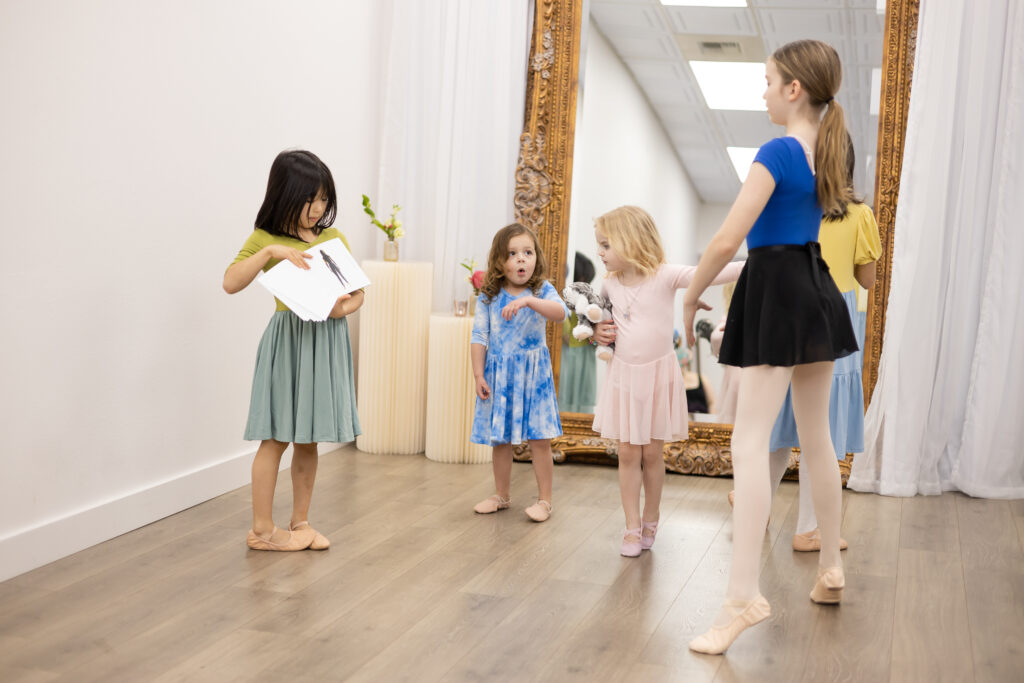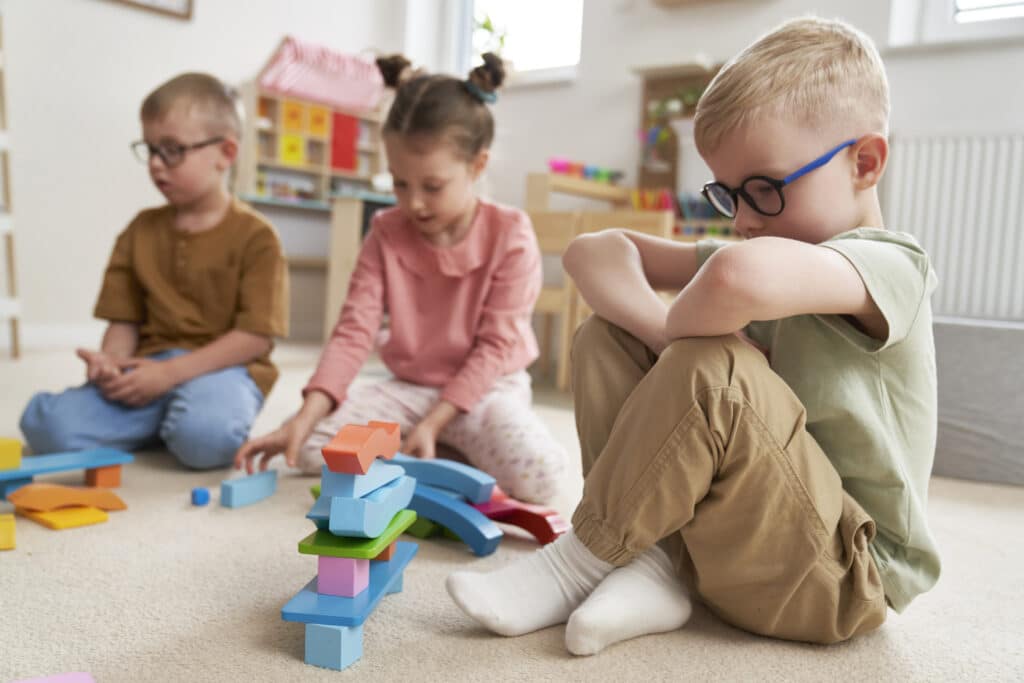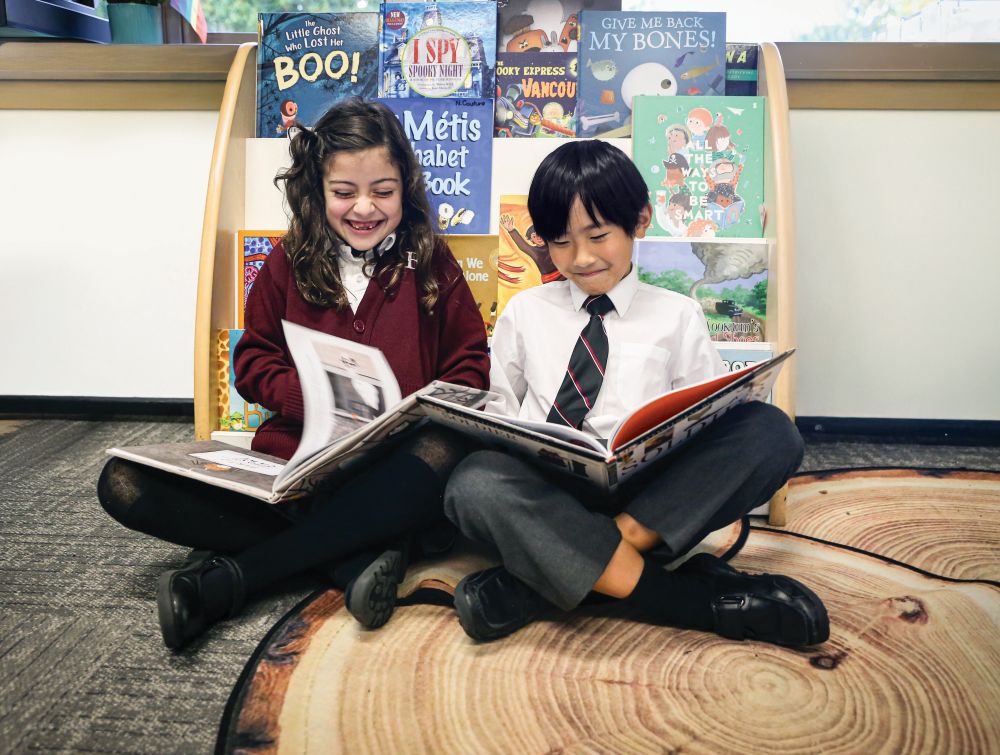Choosing the Right Preschool for Your Child 2025/26
Choosing a preschool is one of the most important decisions parents make in their child’s early years.

Each summer, students risk losing up to 39% of the academic skills they gained during the school year—a phenomenon often referred to as summer learning loss, or the “Summer Slide”. This learning loss occurs when students go without consistent opportunities to practice and apply the skills they’ve acquired during the school year. The brain, much like a muscle, weakens without regular exercise, particularly in foundational areas like reading, writing, and mathematics.
By September, this decline often manifests as reduced academic confidence, slower performance, and difficulty re-engaging with school routines. For neurotypical students (those whose brains function in a way that is considered typical or standard), the regression might be limited to a dip in test scores or hesitation in previously mastered skills.
However, for neurodivergent students (those whose brains function differently from the norm, including children with autism, ADHD, dyslexia, and other learning or neurodevelopmental differences), the impact tends to be more significant. Without continuity, neurodivergent learners may not only lose ground in core academic areas but also experience setbacks in executive functioning skills such as task initiation, organization, and time management. In some cases, these students may start the new school year months behind where they left off.
The good news is that summer learning loss is preventable! With a thoughtful balance of rest and structured enrichment, summer can be a time of growth, not just retention. Kids who stay engaged with summer learning activities—like reading, math, or social skill-building—retain more knowledge and enter school in September more confident and with a competitive edge.
7 Brain-Boosting Summer Learning Activities for All Families
Make reading part of your daily rhythm by changing up the setting. Build a cozy reading fort, bring books to the beach, or create a backyard book nook. Explore e-books or enjoy audiobooks on road trips, then talk about each chapter to check in on comprehension.

Turn everyday routines into fun, real-world math moments. Count trees, birds, or vehicles on walks and drives. Bake together to practice measuring and sequencing or build something and use a tape measure to apply real-world math skills.
Embark on a new adventure and let your little explorers dig into the research to craft the perfect itinerary! It’s like a double scoop of fun and life skills, as they master the art of planning, organizing, and time-wrangling!
Heading on a trip? Recruit your mini travel buddy to help pack! Chat about all the fun activities you’ll dive into and the weather you’ll tackle. Then, whip up a checklist and play the counting game as you toss stuff into the suitcase (like 5 pairs of socks, 2 swimsuits, and more!). Kids love being part of the action, and it’s a great way to build independence while creating a packing pro in the making!
Camps provide a natural environment for learning, particularly in developing social-emotional skills such as cooperation, resilience, and independence.
Sports and physical activities that cross the midline—like tennis, dancing, and frisbee—help build brain connections and support regulation.

Cue the background music! Think of it as a personal DJ for the nervous system, helping kids relax and focus during quiet play or creative time.
Extra Tips for Families with Neurodivergent Students
For children with diverse learning needs and lacking social or emotional skills, summer is often used for catching up and growth. But that doesn’t mean it has to feel like school! Here are a few ideas to make learning both effective and enjoyable for neurodivergent children:
It’s not easy to know what the right plan is for summer learning with a neurodivergent child. Look for learning experts who can help you create a personalized summer learning plan that meets your child’s unique needs and supports continued growth.
School can be a significant source of stress and anxiety for neurodivergent children. Avoid worksheets or tasks that feel too much like the school day.
Visual schedules help neurodivergent learners feel more in control, reduce anxiety, and improve daily transitions, especially during the less-structured summer months.
Choose books below their typical reading level to boost confidence and increase engagement.
Let your child pick from a few daily “learning time” options to foster autonomy and buy-in.
Look for programs that improve cognitive skills by working the brain muscles through engaging activities or games that are evidence-based and proven for growth. Don’t just download the latest app. For real success, these programs should be supported by a qualified coach that offers a tailored program with timely feedback.
Not every summer program will meet the needs of a neurodivergent child. Look for specialized camps for neurodivergent learners, including those with ADHD, autism, or learning differences—programs designed with built-in supports and educators who understand how to foster growth in social-emotional skills and executive functioning. The best camps not only support learning but also create safe spaces for building friendships and self-confidence.

How Preventing the Summer Slide Can Bring Neurodiverse Families Together
For families with both neurotypical and neurodivergent children—together forming a neurodiverse household—shared summer routines that incorporate learning can create a sense of inclusion, balance, and connection. When all children engage in the same enriching activities, adapted to their individual needs, it promotes equity and mutual understanding.
Rather than dividing learning strategies by diagnosis or ability, families can focus on collective growth and bonding. A unified approach to summer, blending structure with creativity, builds confidence in each child and strengthens the family, setting the stage for a smooth and supported return to school in the fall.
Make this summer a season of fun, connection, and brain-boosting adventures—no sliding backward allowed!
Kristi Rigg (BEd, MEd) is an educational expert with over 25 years of experience supporting neurodiverse children to thrive. As the Founder and CEO of West Coast Centre for Learning, she and her team of industry-leading professionals bring award-winning, evidence-based learning programs and summer camps to neurodiverse kids, youth, and young adults. Their warm, neuroaffirming small group settings foster growth, friendships, and life-long skills that build confidence, academic development, and executive functioning skills.
Learn more about evidence-based summer learning programs that support neurodivergent students at West Coast Centre for Learning: www.wccl.ca.
Choosing a preschool is one of the most important decisions parents make in their child’s early years.

Claren Academy, a choice a top private school in Vancouver, was founded by parents who felt a real urgency to prepare their own kids, and other Vancouver kids, for their actual future. With the rate of change in jobs, valued skills, and technology, they felt compelled to start right at kindergarten, focusing on “things that…

One in five children has a learning difference or are dyslexic learners. Fraser Academy, a Grade 2–12 day school in Vancouver’s Kitsilano neighbourhood, specializes in supporting students with dyslexia and other language-based learning differences.
